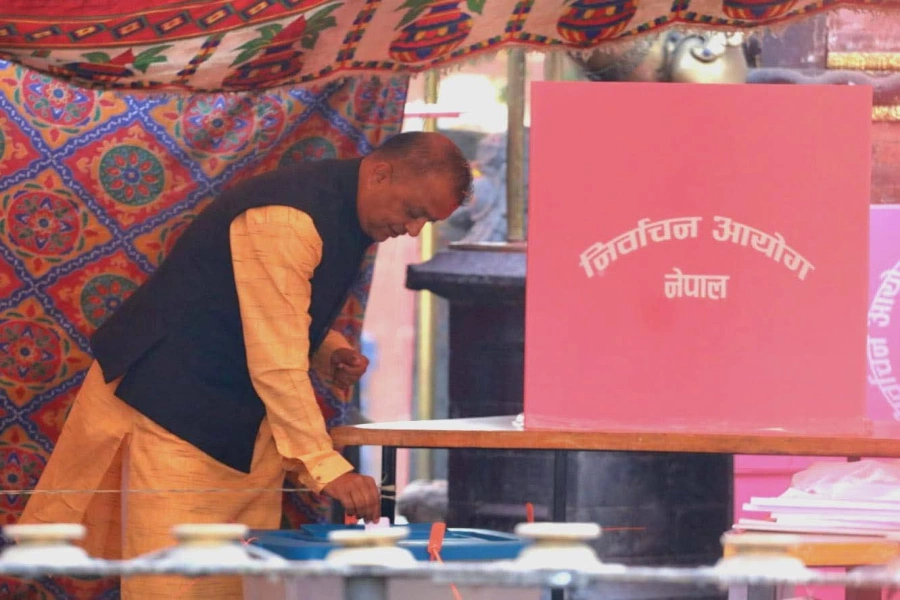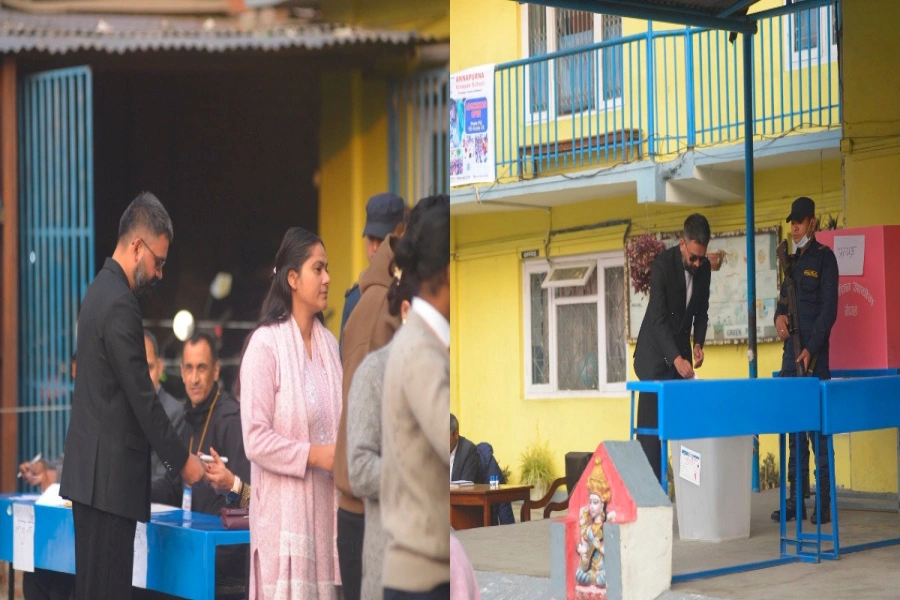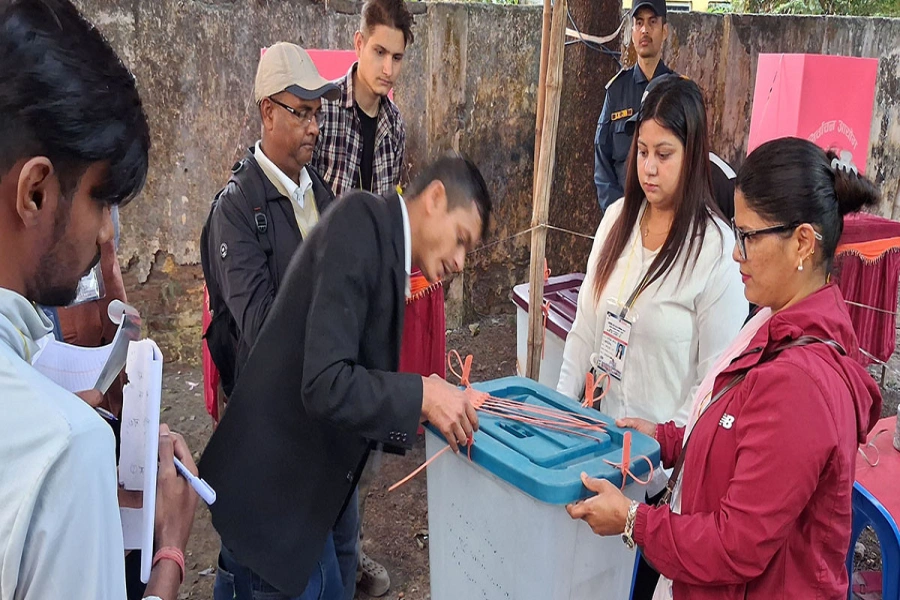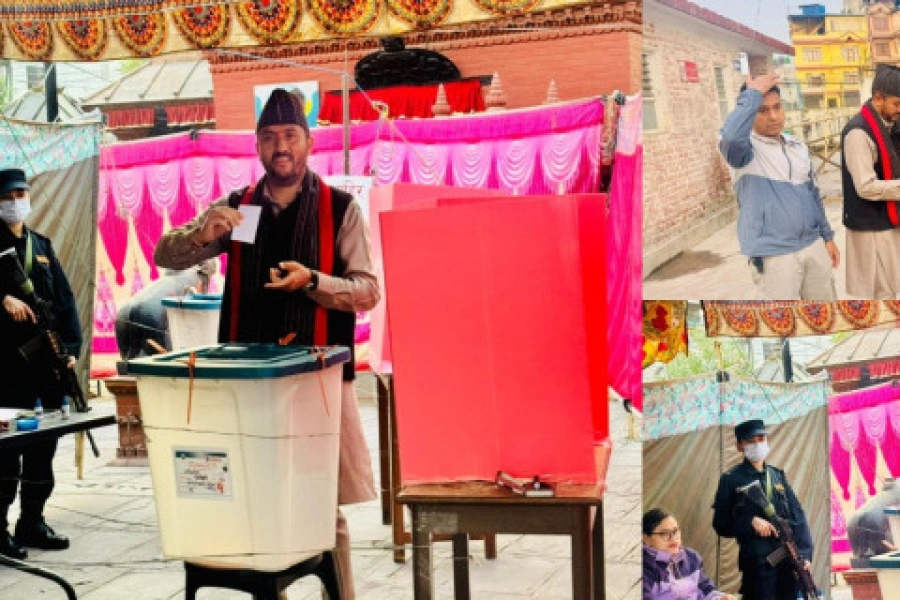Prime Minister Pushpa Kamal Dahal embarks on an official visit to India in the midst of a bustling South Asian diplomacy landscape. This diplomatic engagement signifies more than just routine diplomatic proceedings. Rather, it stands as a golden opportunity to deepen the shared history, culture, and friendship that India and Nepal have nurtured over centuries. Most importantly, this visit presents an opportunity to confront and address the complexities and misunderstandings that have occasionally strained this enduring relationship.
There has been a long-standing ritual that the Prime Minister of Nepal begins his foreign visits from India. While this tradition has been deviated from by a few leaders in the past, including Pushpa Kamal Dahal himself, this visit should not be merely a continuation of the ritual or an endorsement of the prime ministership. It must serve as a platform to articulate the aspirations and strategic interests of Nepal on the global stage.
A crucial context of this visit is the lingering memory of the misunderstanding following the proclamation of the Nepalese constitution in 2015. This event led to a blockade, creating an arduous situation for the Nepalese people. The repercussions of that incident are still felt in the collective memory of Nepal. Consequently, one of PM Dahal's paramount objectives should be to clarify these past misapprehensions and to solidify a higher level of trust between the two nations.
Govt gears up preparations for Oli’s India visit

The economic interlinkages between India and Nepal will undoubtedly demand a significant spotlight in this visit. Despite the established trade ties, a marked imbalance favoring India exists. Consequently, PM Dahal must take the onus to lead a dialogue aiming for a revision of the Nepal-India Trade Treaty. A revamped agreement could potentially pave the way for increased market accessibility for Nepalese exports, providing a much-needed impetus for Nepal's economic growth.
Parallel to this, PM Dahal should make strides towards securing Indian investments in Nepal, particularly in sectors ripe for growth such as hydropower, infrastructure, tourism, and agriculture. These sectors' development could significantly contribute to Nepal's economic upliftment, creating jobs and improving living standards for the Nepalese people.
Nepal's transition from an energy-deficient nation to an energy-surplus one presents a unique opportunity for cooperation. PM Dahal should explore this potential during his visit, establishing a win-win mechanism for exporting surplus energy to energy-hungry nations like India, and potentially Bangladesh via India. Simultaneously, the infrastructural development in Nepal, evidenced by the operationalization of Pokhara International Airport and Gautam Buddha International Airport, and the proposed Nijgadh International Airport, signifies progress and potential. PM Dahal should leverage these developments to negotiate for direct air routes to these airports. This improved air connectivity could bolster tourism and trade, providing a much-needed boost to Nepal's economy.
While discussing these matters, PM Dahal must reinforce Nepal's status as an independent nation that exists within India's sphere of influence, but with its own unique identity and strategic importance. Although Nepal is a small developing country, its geopolitical position between India and China affords it significant strategic influence. It is crucial for PM Dahal to articulate Nepal's balanced and non-aligned foreign policy, signaling its intent to maintain harmonious relations with all its neighbors, while seeking a partnership of equals.
In addition, PM Dahal must emphasize that while Nepal welcomes investment from other countries, it is both a necessity and compulsion. Nepal's acceptance of investment from countries other than India should be seen as an opportunity for shared prosperity, not a threat. PM Dahal should underscore that the benefits of these investments, such as hydroelectricity produced with the aid of other countries, should be shared between Nepal and India, contributing to the progress of both the nations.
In conclusion, PM Dahal's visit to India is a definitive moment in Indo-Nepal diplomacy, heralding a future defined by shared growth, cooperation, and mutual respect. As he steps onto Indian soil, he carries the aspirations of millions of Nepalese citizens. The hope is that this visit will open a new chapter that acknowledges and respects Nepal's independence and strategic importance, fostering a relationship that stands the test of time.
















-1200x560-1772642762.webp)





















